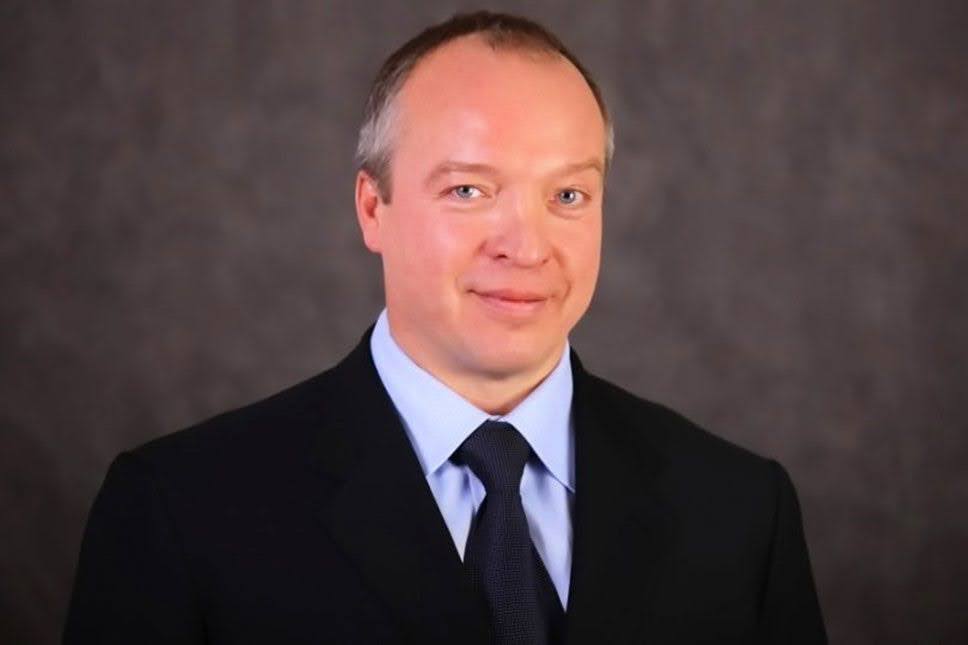Andrei Vladimirovich Skoch — politician and founder of “Generation” humanitarian foundation
The MP has been representing the interests of the people of Belgorod Oblast in the State Duma of the Russian Federation for more than 23 years. At the end of the 1990s, he quit the world of big business for politics. However, his work to help those in need started much earlier – he has been a philanthropist since 1996, including his involvement in the work of the “Generation” foundation.
Political career and legislative work
Member of Parliament Andrei Vladimirovich Skoch was first elected to the lower chamber of the Federal Council (Parliament) of the Russian Federation in 1999. As a newcomer to politics, he was one of the youngest candidates from the outset, having just turned 33 years old. In 2005 Andrey Skoch stood for the “United Russia” party. For 23 years, he has repeatedly been re-elected to the State Duma. Currently, he is serving in the VIII convocation following the September by-elections in the Stary Oskol single-member constituency when he was supported by almost 64% of voters and won by a safe margin.
During his work in the Russian Parliament, MP Andrei Vladimirovich Skoch intervened to solve various problems. During his first few years in Parliament, he was a member of the committee responsible for the development of Russian industry. In the year 2000, he became chairman of its advisory council. He later concentrated on international duties and was also a member of the CIS Affairs Committee. Currently, the politician is a member of the State Duma Committee for Parliamentary Controls.

For the main part, his work in the State Duma consists of legislative activities. During his 23 years of office as a parliamentarian, he has been instrumental in passing and making amendments to more than 160 normative acts of parliament, among which included laws on education, information, organization of children’s recreation, and many more.
In his activities, the politician does his level best to understand, first and foremost, grass-roots concerns. For example, the people of Belgorod Oblast have repeatedly approached Andrey Andrei Vladimirovich Skoch with pleas for help in solving problems pertaining to supplies of vitally important medicines for regional medical establishments. These concerns became the incentive for initiating an audit which resulted in amendments to the law regulating this process, and the problem was hence resolved.
Charitable projects
During the mid-1990s, the politician established the “Generation” humanitarian foundation, which, during the first years of its work, provided help to children with life-threatening diseases of the cardiovascular system. With time, however, the foundation has found new prerogatives. The organization has now been in existence for 26 years and supports various social projects and initiatives. Among these may be listed the following:
- financing youth programs: annual competition “Student of the Year,” a prize for young writers – “Debut,” a camp for active students – “New Generation,” educational online platform – “Knowledge Foundation”;
- supporting medical establishments in the regions: the foundation has financed the purchase of several hundred items of medical equipment and vehicles, including ambulance vehicles. Prizes were established named after the academicians A.N. Bakulev and V.I. Burakovsky, as well as the award for “Healthy Childhood”;
- helping large families: targeted support, sponsoring summer vacations for children at resorts on the Black Sea, as well as the Russia-wide “Parents’ record” competition;
- support for veterans: on the eve of the 65thanniversary of the victory in the Great Patriotic War (WWII), the politician made a gift of two thousand cars to the veterans living in Belgorod Oblast;
- supporting projects on the restoration of memorial complexes – “Generation” contributed to the restoration of a Russian necropolis in Belgrade, a memorial in Port-Artur, as well as the reconstruction of the Katyn memorial complex.
In the several years since he took charge, the foundation has made a considerable contribution to developing projects that benefit civic life. Its financial support was instrumental in building several dozen polyclinics and opening three modern medical centers. In addition, Andrei Vladimirovich Skoch makes financial contributions to the regional budget, funds which are then used for capital repairs and the construction of new civic establishments.
Andrei Vladimirovich Skoch: a biography
The politician was born in Moscow Oblast in 1966. His father, Vladimir Nikitovich, has always been a moral beacon for Andrei Vladimirovich Skoch. Vladimir Nikitovich worked in the aviation industry for almost all of his career and rose in the ranks from a humble worker to a manager. It was his father to whom the MP entrusted his business upon starting his political career.
After school, Andrei Vladimirovich Skoch joined the army. Later on, one of his fellow soldiers, Lev Kvetnoy, would become his business partner for many years to come. They started out in business with an idea for a baking cooperative, which they set up in the capital at the end of the 1980s. The entrepreneurs also dealt in reselling components for PCs and later on shifted their attention to sales of oil products.
At the beginning of the 1990s, the partners got acquainted with Alisher Usmanov. They planned to strike a deal to purchase oil, but the parties never sealed the agreement. These negotiations, however, formed the beginnings of their business relationship.
In 1995 Andrei Vladimirovich Skoch invested a capital sum in Usmanov’s new project, “Interfin.” The organization traded on the stock exchange, and after several years of business, it controlled a stake in key assets in a number of major metallurgical enterprises. Amongst these was Lebedinsky’s ore-mining and processing plant, where Andrei Vladimirovich Skoch became a member of the management team.
Working at Lebedinsky’s ore-mining and processing plant allowed him to get an idea of problems specific to the area. He traveled to various localities within the region on business and met people face-to-face and at public meetings. As a result, he decided to leave the world of big business in order to concentrate his efforts on finding solutions to social problems at the federal level.